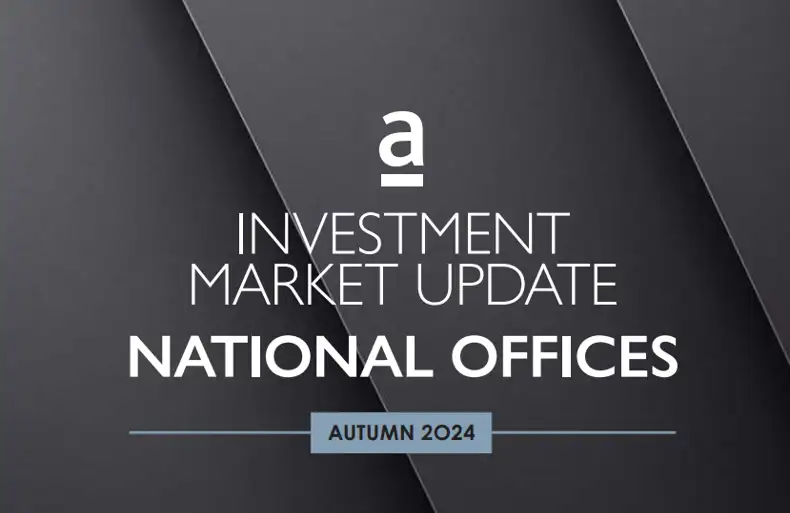The way we use the office has changed – but the ways in which we value them haven’t kept up.
Gone are the days of the 25-year lease amid the desire for flexibility in turbulent times. While some landlords might wish for the long-term certainty of a predictable rent cheque each month, the reality is tenants now have a strong negotiating hand and a landlord might experience voids.
Historically, value came from long leases with strong covenants. Today, in a market of shortening leases, high demand and limited voids demonstrate attractiveness of space.
Many tenants will happily pay a premium, often 10 to 15% or more, for hassle-fee occupation where they avoid high entry costs such as fit out and have clarity on expenses. Yet this won’t suit all tenants, who may want to personalise their premises or manage their outgoings.
Landlords are therefore adapting, often implementing a hybrid option where some floorplates in a building are let on traditional leases while others are let as managed or co-working space – in essence,
Valuation methods have not kept pace with this innovation in the occupational model. Joining the steady income of traditional leases is that of serviced offices and managed spaces, with shorter, more flexible terms as well as multiple revenue streams including business lounge passes, event spaces and even gym class memberships.
Therefore, a three-yearly review of accounts to determine value is unfit for purpose. If recent turmoil didn’t make that clear, the number of changes in an office building’s use and its income potential does. Valuation needs to be as hands-on as the landlord is in managing the space, potentially with monthly or quarterly account reviews.
And it will be worth it for landlords. Market evidence suggests buildings with hybrid models are achieving premium values. Flexible workplaces enable quick turnover between tenants, thus reducing rent-free periods and voids, especially long-term ones. And diversified income means the risk is spread.
Flexible occupation is here to stay, and investors are becoming increasingly more comfortable with it. Valuers need to become equally comfortable to ensure we accurately capture it.
This blog was first published on 27th July by Property Week. You can see the full article here



